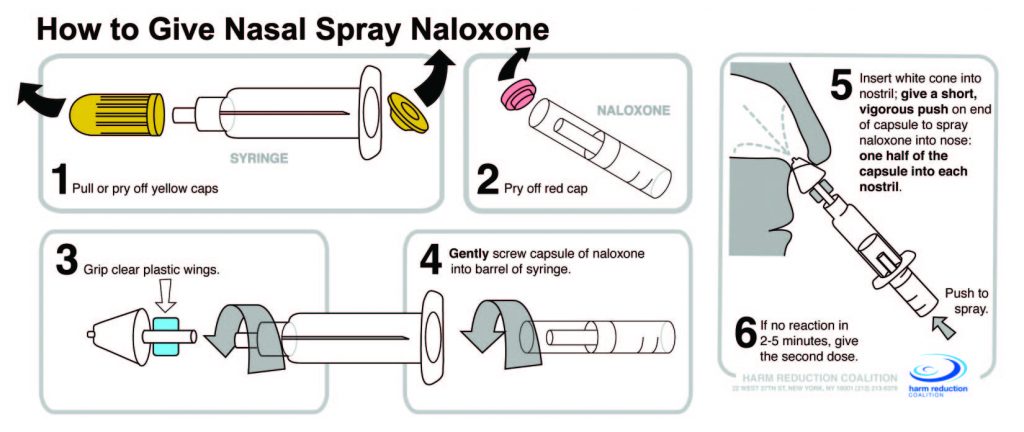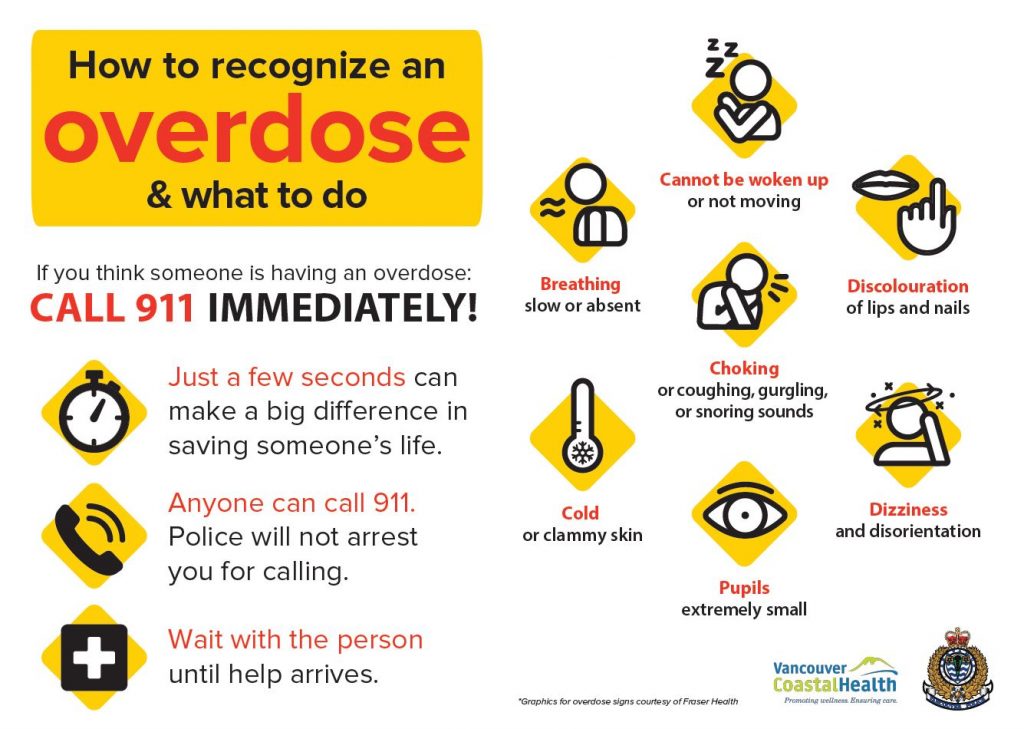According to the National Institute on Drug Abuse, more than 93,000 Americans died from drug overdoses in 2020, and over half of those involved opioids. In 2020, 67% of drug overdose deaths in Georgia were related to opioids (1,309 total) according to the Georgia Department of Public Health. As this serious issue grows, it’s important to be aware of the laws around this issue, signs of an overdose and what you should do in a life-threatening situation.
Georgia 911 Medical Amnesty Law
In response to the growing epidemic of drug overdose deaths, Georgia passed the Georgia 911 Medical Amnesty Law in 2014. This law was passed to encourage those witnessing an overdose to call for help and to increase access to life-saving medications for those in need of overdose treatment.
According to Georgia Overdose Prevention, the law offers “protection for people who call 911 and seek medical assistance for someone experiencing a drug or alcohol-related overdose. The caller and the victim cannot be arrested, charged, or prosecuted for small amounts of drugs, alcohol, or drug paraphernalia if the evidence was obtained as a result of seeking medical assistance.” In addition, “the law also increases access to the opioid overdose ‘antidote’ Naloxone.”
The Network for Public Health Law’s Fact Sheet provides a detailed breakdown of this law.
For another good resource on this topic, you can download our Inspired newsletter titled Opioids & Good Samaritan Law. In addition, the below PSA from the Department of Behavioral Health and Developmental Disabilities highlights the Georgia 911 Medical Amnesty Law (referred to as the Good Samaritan Law).
Signs of a Drug Overdose
- Unresponsiveness
- Loss of consciousness
- Breathing is slow and shallow or has stopped
- Pinpoint pupils
- Gasping, gurgling or choking sounds
- Slowed heartbeat/pulse
- Skin tone turns pale, blue or gray
- Body is limp
- Vomiting
- Inability to talk
Naloxone
According to the CDC, Naloxone is defined as “a prescription drug that can reverse the effects of opioid overdose and can be life-saving if administered in time. The drug is sold under the brand name Narcan or Evzio.” In April 2017, Governor Nathan Deal signed Senate Bill 121 into law, expanding Georgians’ access to Naloxone. In partnership with the Georgia Board of Pharmacy and the Department of Public Health, a standing order has been issued, which ensures access to the Naloxone prescription for anyone who may need it. This means if you or someone you know may be in a position to assist a person at risk of an opioid overdose, this life-saving medication is available at pharmacies. Though there may be a cost for the medication, it is at least partially covered by many health insurance policies.
In an emergency situation where you think someone has overdosed, follow these steps according to NOPE-RI and Help is Here Delaware:
- Check for signs of an overdose (see above)
- Call 911
- Give rescue breaths
- Administer Naloxone
- Stay until help arrives
 For more details about the above process and guides for administering Naloxone, check out these resources from the Harm Reduction Coalition, SAMHSA and Mass.gov.
For more details about the above process and guides for administering Naloxone, check out these resources from the Harm Reduction Coalition, SAMHSA and Mass.gov.
Opioid overdoses are reversible. In a life-threatening situation, don’t panic or run; always call 911. By being aware of important laws and resources, as well as common overdose signs and how to respond, you can save a life if necessary.
Updated 12/5/20

